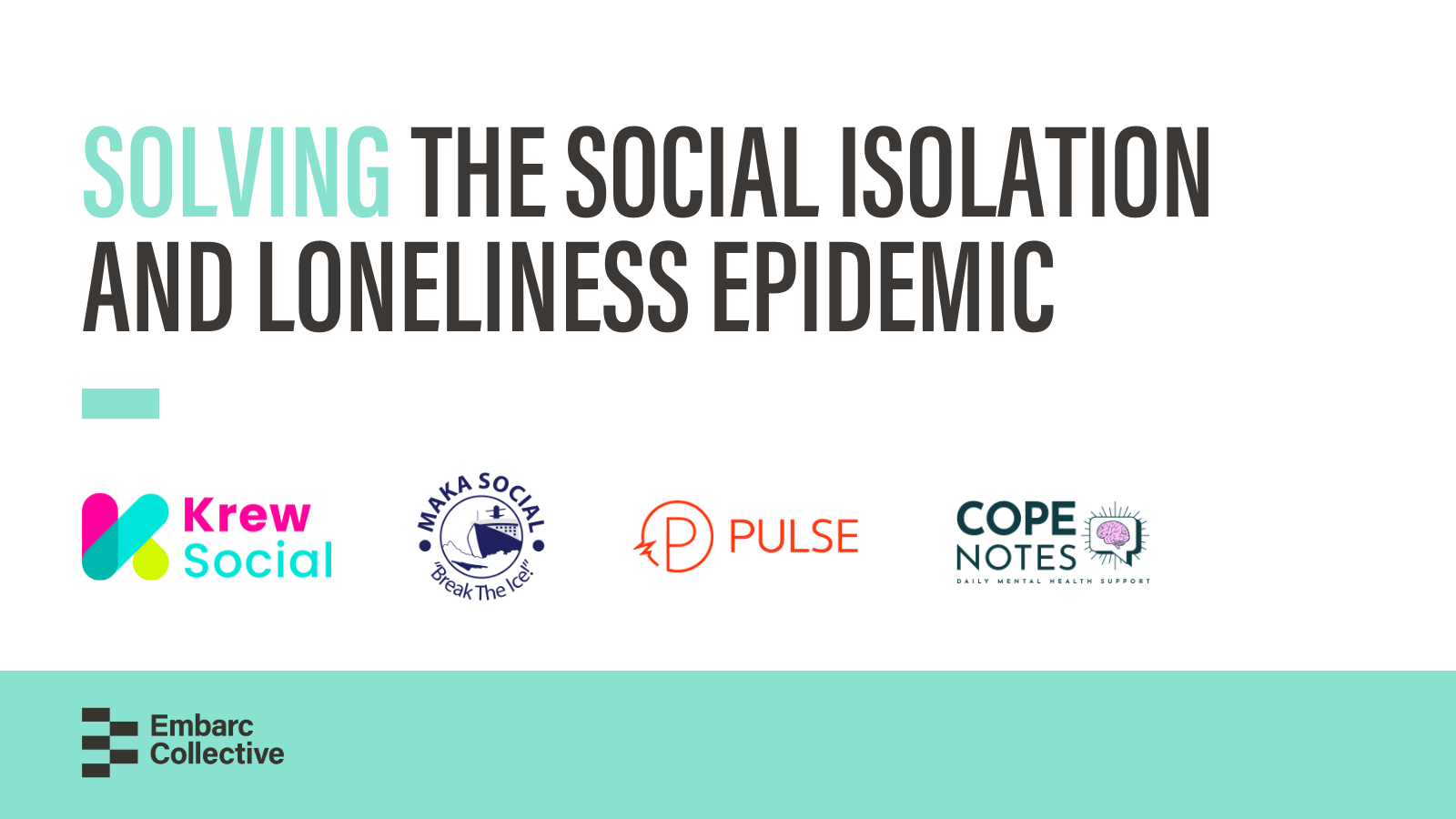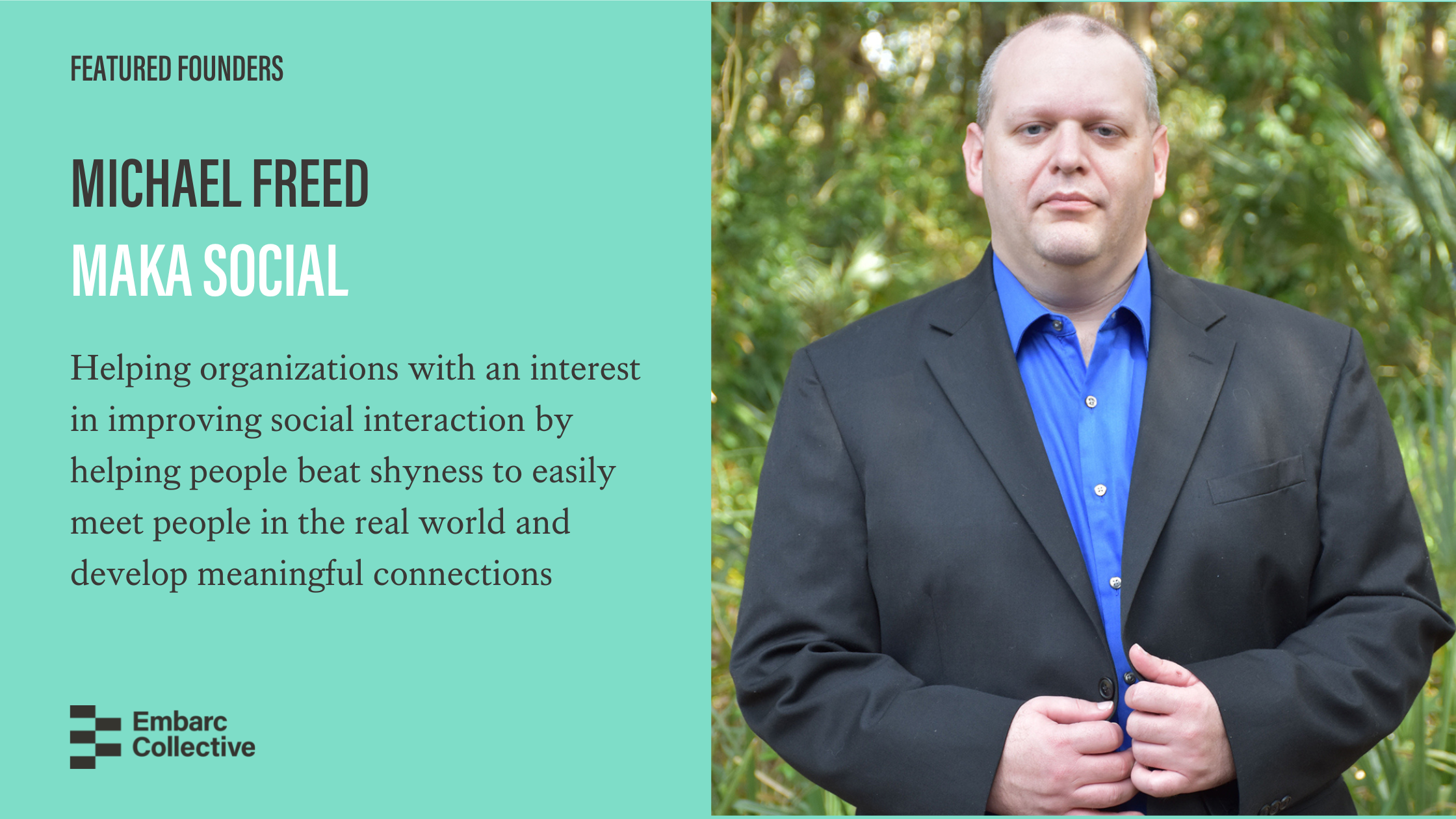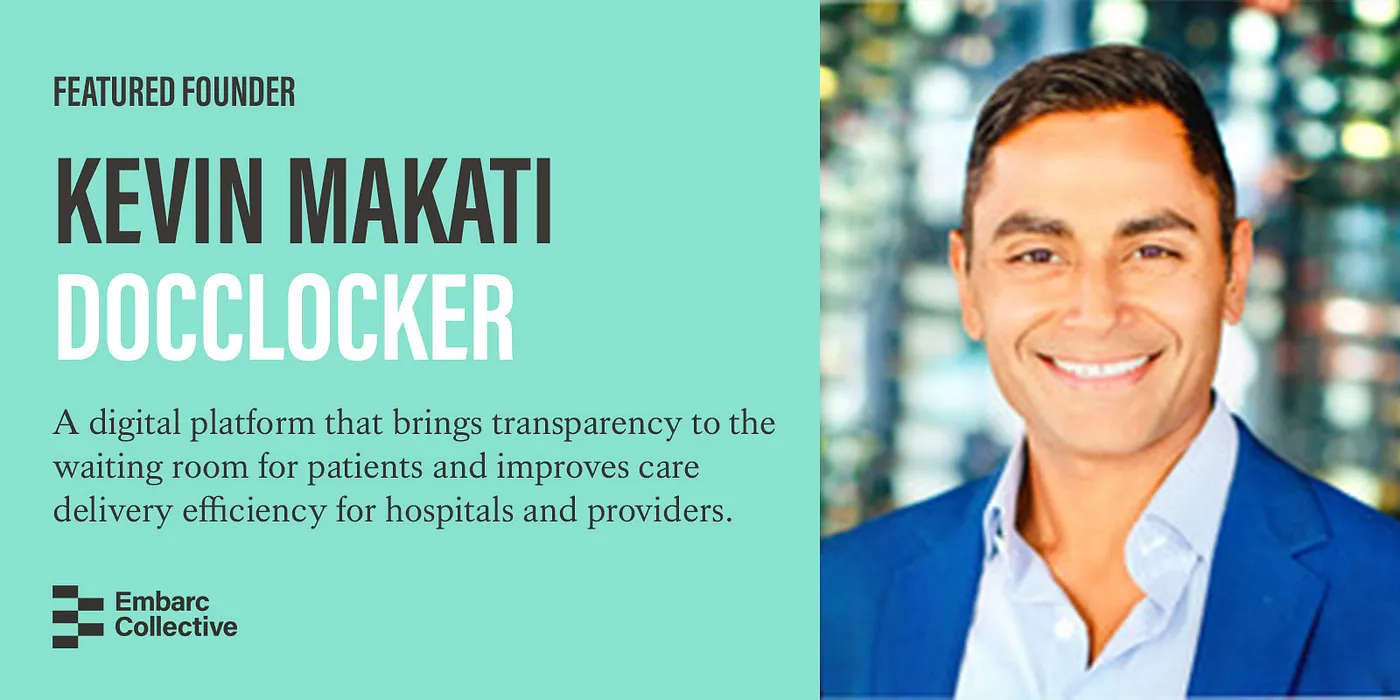What were you doing previously and what inspired you to launch your company?
I’ve spent the last decade as a cardiologist and physician executive managing a private practice, and serving on the founding board of directors for the local healthcare system’s first clinically integrated network which now manages a medical spend of over $1 billion covering 168,000 patient lives. Over the years, I’ve had the unique opportunity to train at Wash U and Tufts in Boston under the former senior advisor of Medicare Evidence Development for CMS. The experiences would set the stage to create DocClocker and DOC-OR.
The timing could not have been better. I started working in Tampa at a time when the Agency for Healthcare Research and Quality had formalized a survey tool to assess the patient’s experience as they navigated through the hospital environment, named HCAHPS. In other words, for the first time, the government decided we should objectively measure the patient’s experiences and report that publicly to encourage consumers to make smart decisions on where they go and who they see. After practicing for several years I made the acquaintance of my co-founder Eric Carter who worked in family medicine. His expertise beyond medicine included hospital-based quality measures and enterprise level EMR integration for a large healthcare organization. We both recognized the need for improvement in the healthcare delivery process and shared a passion to help patients and improve their healthcare experience.
And then the pivotal event happened. . . The area where the newly built hospital we practiced at started blossoming after recovering from the housing crash induced recession. The demand for services outpaced what we could provide and the one element in healthcare that we continue to struggle with just got exponentially worse . . . waiting for healthcare providers in the office, booking appointments, and the frustration experienced in the waiting room of the hospital’s OR. We took to task and together we created an enterprise-grade, fully scalable and HIPAA compliant software solution that actually improves the patient experience.
What pain point is your company solving? What gets you excited to go to work every day?
At some point in time, everyone on the planet will experience the triumphs and failures of the healthcare delivery process. The satisfaction and disappointments are largely contingent on the wait and the waiting room and the inaccessibility of seeing a healthcare provider when you need them in short order. DocClocker and DOC-OR seek to bring transparency to the waiting room by 1. Letting patients know how long the wait time is before arriving at the office, 2. Allowing patients to book appointments online without needing to stay on the phone while also knowing the current provider wait times in real time, and 3. Allowing operating room staff to provide updates during procedures to loved ones in the waiting room or around the world using a secure smartphone-based app. After implementing the software in the office and hospital environment we followed Facebook posts on the experiences and comments made by family members about the comfort they received using the software. The emotion and joy they felt was moving. What motivates us is the impact we can make on our patients by improving their experience as they traverse a horrible segment of the healthcare delivery process . . . the waiting room.
Name the biggest challenge you faced in the process of launching the company. How did you overcome it?
There are reasons why technological advancements have lagged so far behind in healthcare. The healthcare environment is notoriously bureaucratic and because of a general misunderstanding of what constitutes a data breach of patient information, a fear to innovate. What we have discovered as a result is implementing new workflows and technological improvements in healthcare requires a long vetting process. To work around these obstacles we have made strategic partnerships with vendors who are already in the hospital environments to shorten this vetting process as the administrations have preexisting relationships we can leverage.
Where do you see your company headed next?
Our company’s mission is to improve the patient experience. To that end, we continue to look for opportunities that aid the patient as they navigate the healthcare continuum. Our appointment booking application with waiting time surveillance provides both patient and provider the opportunity to maximize their idle times and will be the next strategic focus for our company. As physicians, we have an intimate understanding of the practice environment and the practice of medicine. As such, our offerings are patient and provider friendly and oriented. Our software provides a strong value proposition to providers by maximizing unused office time seeing patients while also providing patients the ability to see a provider when they need one. In the hospital setting, our products provide actual tools to help improve the patient experience and affect publicly reported satisfaction scores with downstream implications on revenue.
Give us a tactical piece of advice that you’d share with another founder just starting out.
Great products require well-run businesses to sell, support, and improve them. At some point, the innovator must evolve into the businessperson. Finding professional mentors in this respect can assist in this evolution. We were fortunate to have collaborated early with a C-suite veteran in a global energy firm to help us focus on running a business in addition to innovating a product. The easy mistake for a new startup to make is to forget simple business principles because of the emotion behind creating a product you truly love and believe in. Business is competition and losing objectivity and the obvious but sometimes forgotten tenant of commerce . . . to sell goods and services for profit, can mean the difference between a successful company vs. a great product that never reached the greater market. Identify a mentor with demonstrated success that will help you run a business.
Learn more about DocClocker on LinkedIn, Facebook, Instagram, and Twitter.



